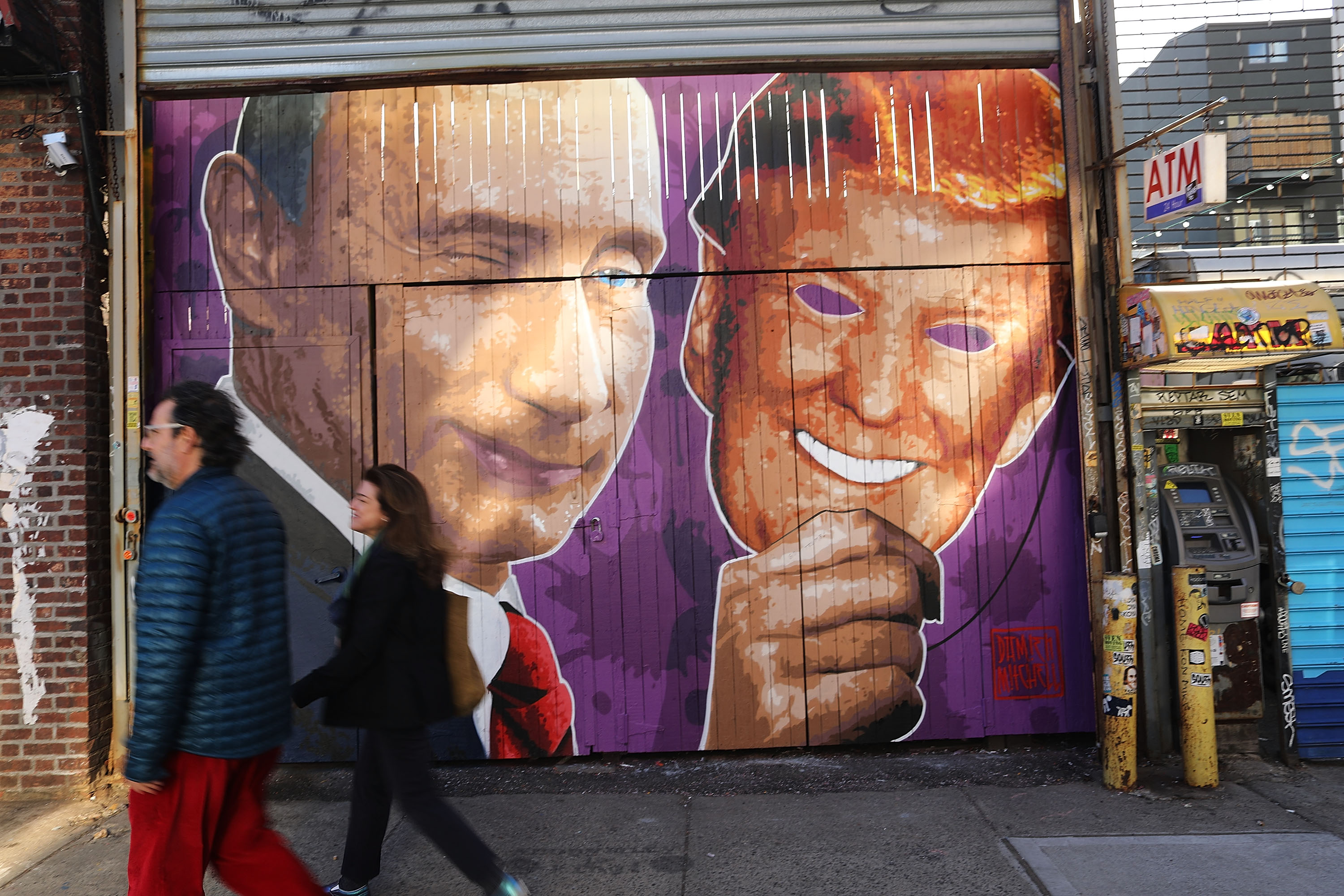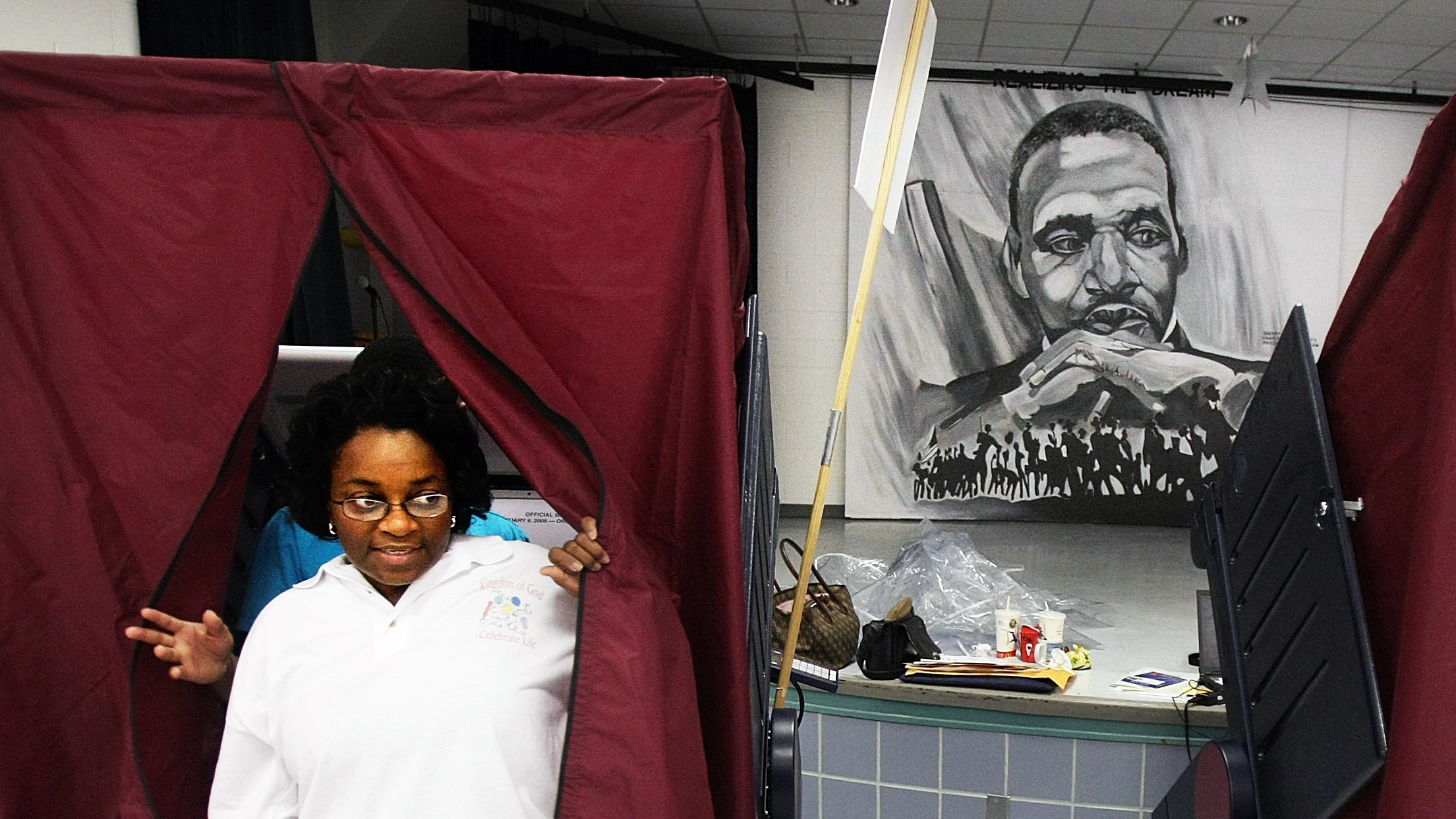Hooman Majd on the upcoming Iranian election.
Question: How is Ahmadinejad looking heading into the election?
Hooman Majd: Nobody has insight at this stage because the Iranian campaign is a much shorter campaign than the US campaign. Now our campaigns are two years long, and you start getting a feel for the candidates, you start getting an understanding of where it’s going to go, you have polls and all kinds of things.
Iran has polls too ,and President Ahmadinejad is particularly unpopular right now. His popularity ratings, according to unofficial polls, sits somewhere around George [W.] Bush’s was at the end of his presidency, in the 25 to 30% range, so he is deeply unpopular mainly because of his economic performance and because of the economy in Iran, and there are other factors too.
Now, that doesn’t mean he can’t win. The campaign season itself is a very short season. The Iranian New Year is in March, coming out of the New Year, if there’s a two week holiday, kind of like Christmas for us. By the beginning of April, the candidates will start setting up their agendas. They’ve already started a little bit in terms of giving speeches and going to universities and setting up a little bit of their agenda but there’ll be this flurry of flurry activity and a furious activity for the last two weeks, three weeks of the campaign. And so many things can happen in Iran between now and May [2009] which is when it’s going to happen, that it’s really hard to say.
There could be an outside force that turns the election one way or another. If the United States, for example, opens up a dialogue with Iran, that could effect the election, one way or another. If the United States does something else; intimidating to Iran, that could help Ahmadinejad, for example.
There’ll be a new prime minister in Israel within weeks presumably Benjamin Netanyahu. If the Israeli government does something that could potentially help Ahmadinejad.
We don’t know, there’s so many unknown factors right now. The reality is that I think most people in Iran would like to see some sort of change.
Question: What should Americans realize about elections in Iran?
Hooman Majd: The thing that would surprise many Americans is that elections are actually quite free and in Iran, some American journalists described them as free relative to Middle-Eastern election, but that’s really not true.
In Egypt, if Hosni Mubarak wants to be re-elected, he gets a 99% positive vote. That doesn’t happen in Iran. The election for president is actually quite free. When I say quite free, there’s always going to be some sort of shenanigan on some level, even in the United States, whether it’s completely illegal activity, stuffing ballot boxes, which can happen, but not to a large degree, or there’s intimidation of voters and things like that, which happens even in the United States.
But by and large, they’re very free. Unless an election is decided by very, very small margin, less than 200,000 votes in a country where there’s 70 million people and 40 million can vote, 50 million can vote, then it’s a truly free election for the president.
Question: What is the most important campaign issue for most Iranians?
Hooman Majd: I think it’s a pocketbook. It’s like everybody, every country in the world. Iranians are not that different from Americans. Yes, I think the economy is going to be the number issue.
To the degree that international relations and the nuclear issue affect the economy, it becomes more of a factor, it’s not so much that, “Oh, are we deciding whether we want to go ahead and have nuclear energy the way that Ahmadinejad proposes it or do we want to back down in front of America?” It’s not that.
It’s more about, “Well, how is this affecting our economy? How is this affecting the sanctions? How is this affecting unemployment?” And Iranians are quite smart about that. They understand that when; for example, and certainly be at least understanding when President Ahmadinejad goes on television and/or at a speech somewhere and says something very inflammatory about Israel or about America and gives America the opportunity to go to the [United Nations] Security Council and gives America a better excuse to impose sanctions, other countries will go along with it.
They understand that that kind of rhetoric is not necessarily helpful, whether or not the intention of Iran is to pursue nuclear energy or not. So those issues are going to be debated by certainly amongst the educated elite and I think even trickling down all the way to the poor who understands that the isolation of Iran, not from the rest of the world so much but certainly for America has affected the economy.
Recorded on: March 11, 2009.





